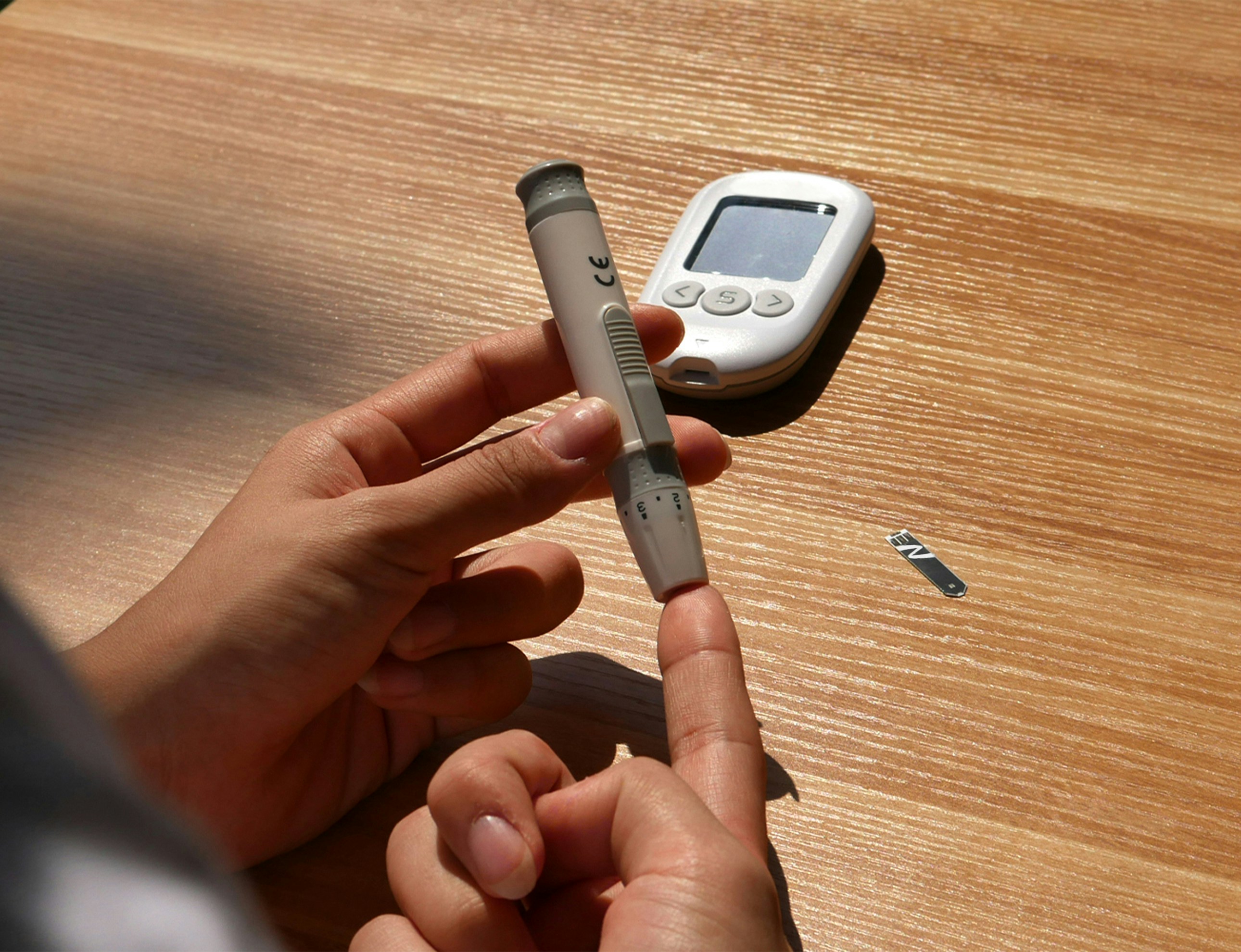
The Top Workshops For Preventing Type 2 Diabetes
Learning practical skills plays a key role in stopping type 2 diabetes before it starts. Workshops offer clear guidance on planning meals, staying active, and keeping track of blood sugar levels. Each session breaks down these actions into easy steps, making it simple to build healthier habits over time. According to the CDC, following a well-designed program can reduce the risk of developing type 2 diabetes by as much as 58 percent. Local clinics, neighborhood centers, and online platforms frequently host these interactive sessions, all led by knowledgeable educators who support participants throughout their journey to better health.
This overview highlights key factors for selecting a workshop, provides a snapshot of top programs, and shows how to apply lessons in everyday life. You’ll gain practical tips that fit busy schedules and realistic goals.
How to Choose a Workshop
- Evidence-Based Content: The session should follow proven guidelines, like those from the National Diabetes Prevention Program.
- Qualified Instructors: Look for registered dietitians, certified health coaches, or licensed nurses.
- Format and Flexibility: Decide if you prefer in-person meetups, live online classes, or self-paced modules.
- Group Size: Smaller groups (8–12 participants) encourage interaction and peer support.
- Cost and Insurance Coverage: Check if health plans cover the fee or if sliding-scale rates apply.
- Follow-Up Support: Peer groups, follow-up calls, or app-based check-ins help you maintain new habits.
Choose programs that combine coaching on diet, physical activity, and stress management. Workshops offering ongoing check-ins tend to support lasting change.
Overview of Top Workshops
- National Diabetes Prevention Program by the CDCDuration: 12 monthsFormat: Weekly group meetings, then monthly check-ins
- YMCA Diabetes Prevention ProgramDuration: 16–24 weeksFormat: In-person classes with peer support
- Diabetes Self-Management Education by local clinicsDuration: 6 sessions over 3 monthsFormat: One-on-one or small group
- Noom Health CoachingDuration: Self-paced, recommended 6–9 monthsFormat: Mobile app with daily lessons and coach chats
- Foodsmart Virtual ProgramDuration: 12 weeksFormat: Personalized meal plans and video tutorials
Each program provides structured guidance on nutrition labels, carb counting, and smart snacking. Many include tools to track weight, glucose levels, and activity.
Getting Ready for Your Workshop
Start by gathering recent health data: fasting blood sugar readings, weight logs, and food diaries. Bring these to your first session. They give a clear starting point for setting realistic targets.
Next, prepare a toolkit. Include a digital food scale, a water bottle, and comfortable walking shoes. A measuring cup and a small notebook help you record progress between sessions. Contact your facilitator before the first class to confirm any extra supplies.
Applying Workshop Lessons to Daily Life
- Plan meals with portion control: Use a divided plate—half vegetables, one quarter lean protein, one quarter whole grains.
- Schedule movement breaks: Set a timer every hour to walk for five minutes or do chair stretches.
- Replace refined carbs: Swap white bread for whole-grain wraps for sandwiches.
- Track progress visually: Post a chart on the fridge showing weekly steps or glucose levels.
- Find a buddy: Partner with a friend for grocery runs or group walks to stay accountable.
By incorporating small changes into familiar routines—like replacing dessert twice a week with fresh fruit—you reinforce new habits. Use digital reminders to stay on track without overthinking every decision.
Choosing the right workshop can lower your risk and boost your confidence. Clear goals, expert guidance, and peer support will keep you motivated. Consistent follow-up and practical tips help turn knowledge into action.
Choose a session that fits your lifestyle and stay committed. Small steps will lead to meaningful change over time.